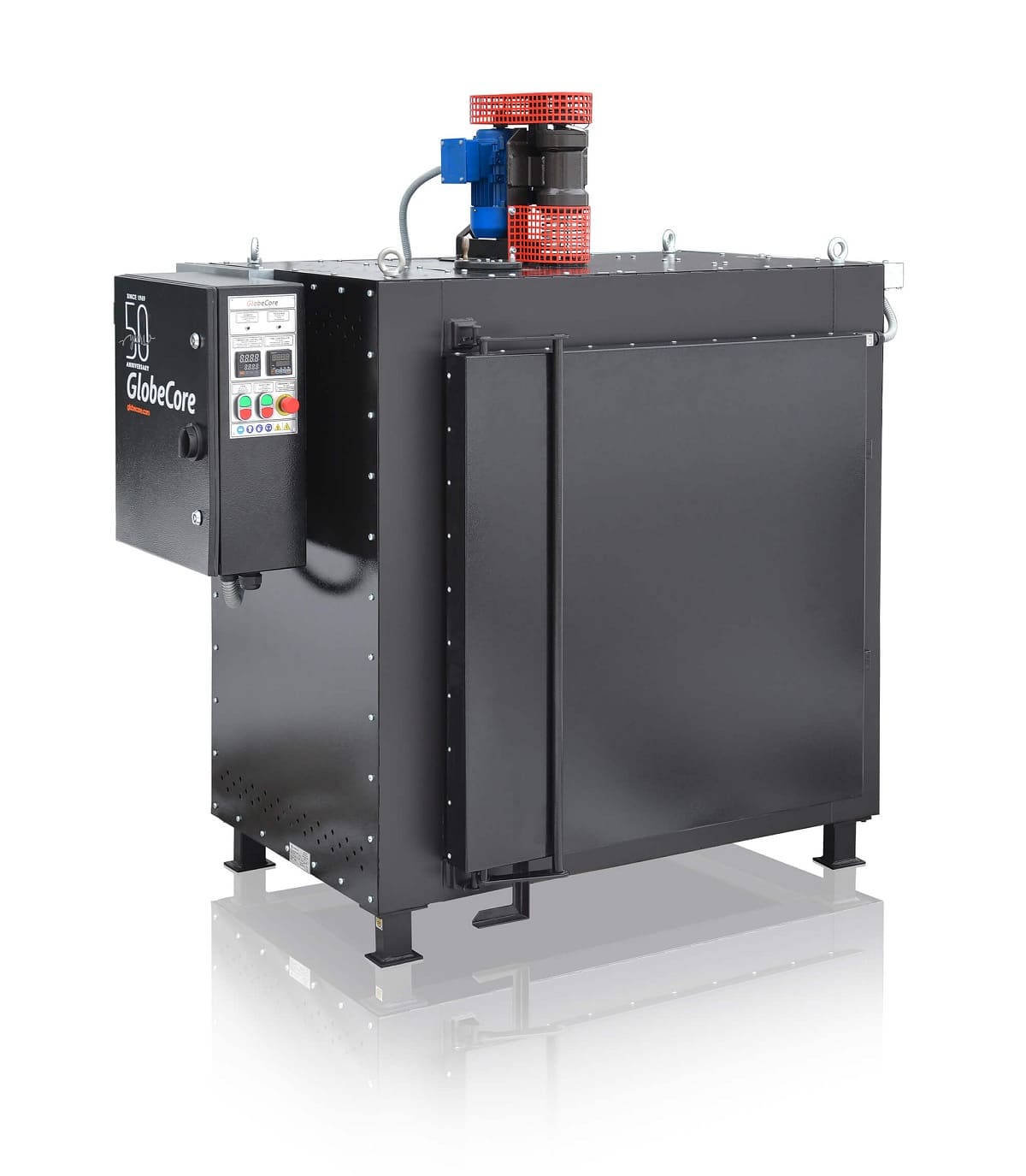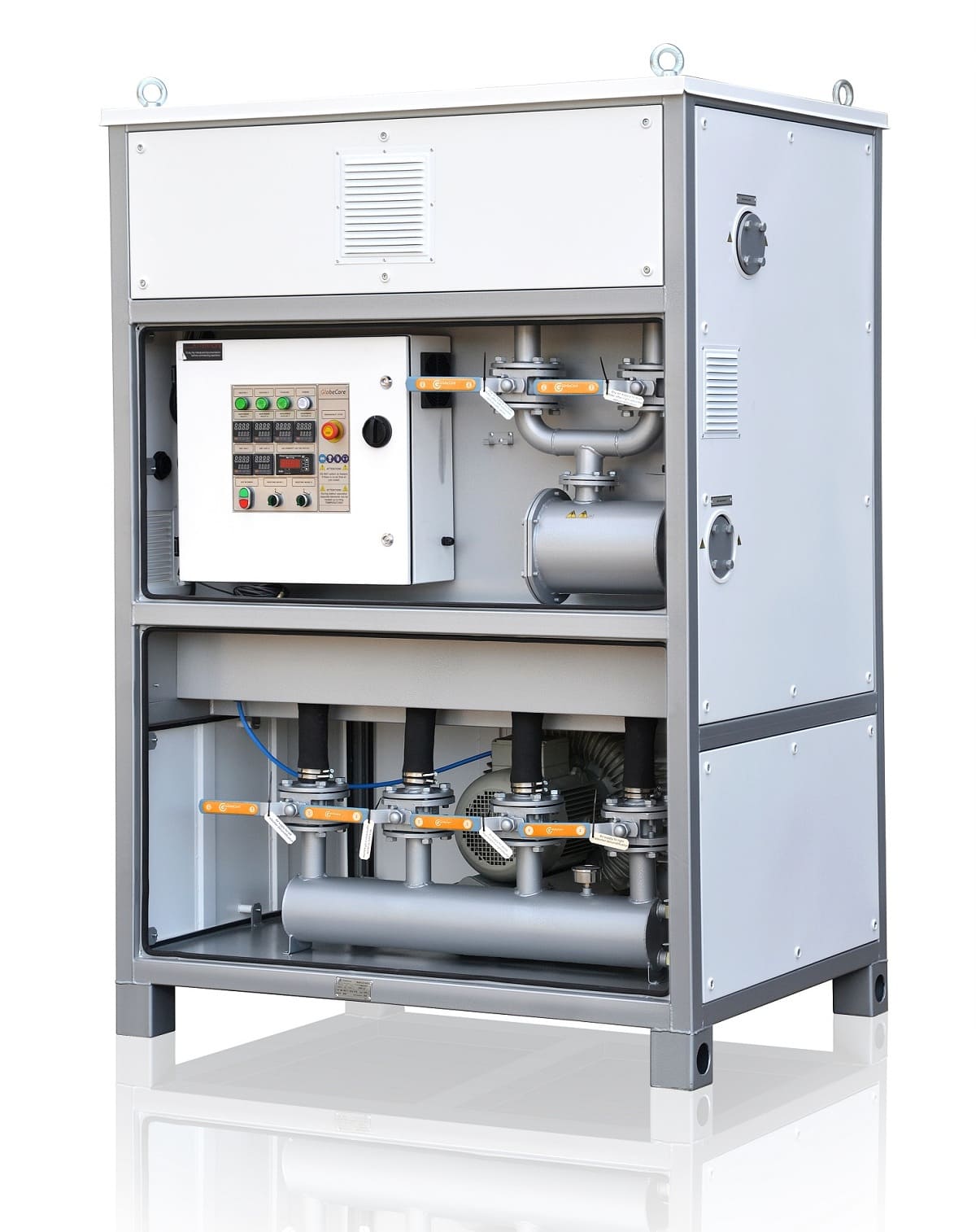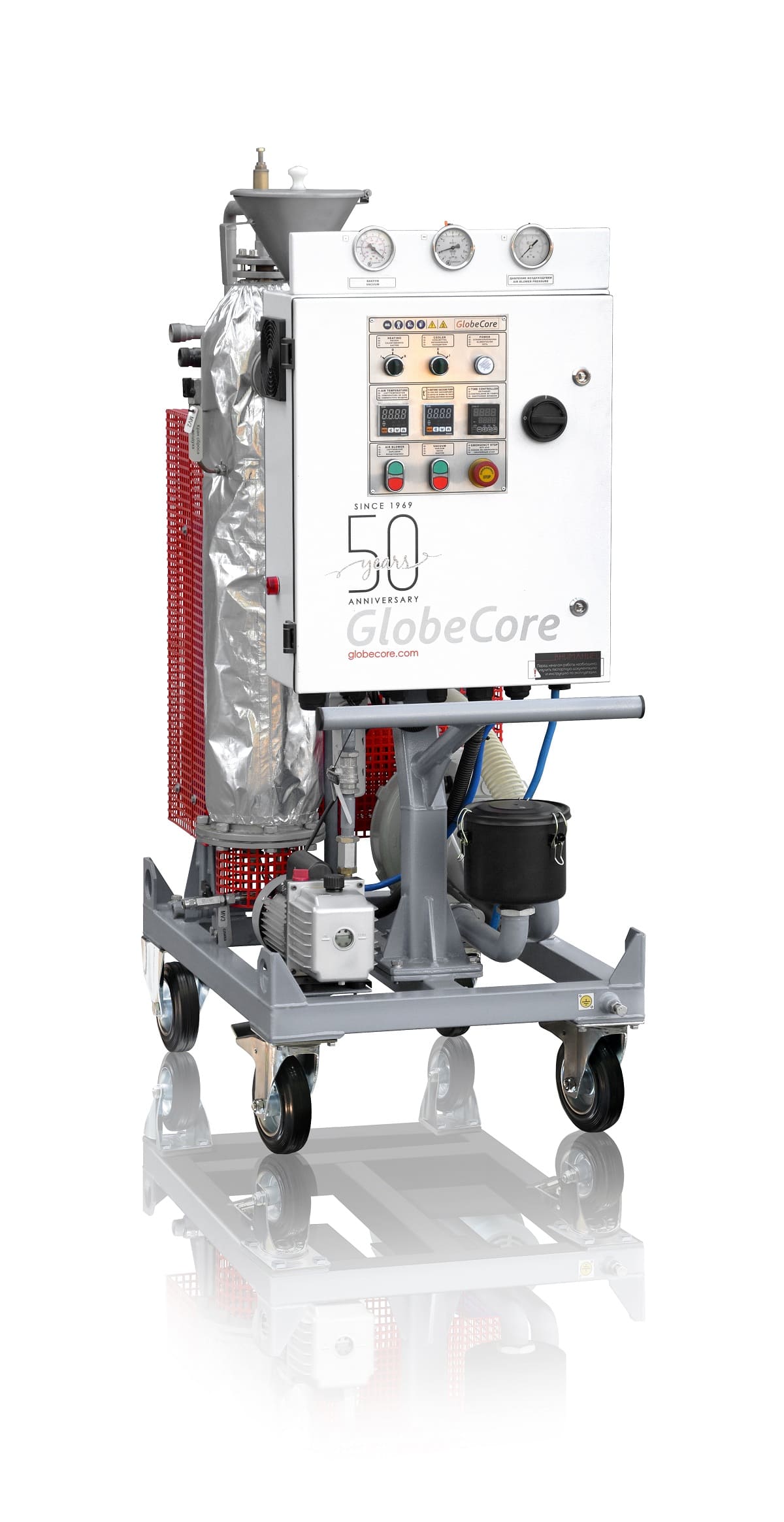How does Transformer Oil Moisture Content affect the overall health and functionality of a transformer?
- This topic has 1 reply, 2 voices, and was last updated 9 months, 2 weeks ago by .
Answers
-
October 7, 2024 at 5:45 am by Ahmed Abdullah
Transformer Oil Moisture Content has a profound impact on the overall health and functionality of a transformer. High moisture levels in the oil significantly reduce its dielectric strength, increasing the risk of electrical discharges and insulation failures. This can lead to short circuits, reduced transformer efficiency, and even catastrophic failures that disrupt power distribution. Moisture also accelerates the chemical degradation of the oil, resulting in the formation of acids and sludge that corrode internal components such as windings and core laminations. This corrosion weakens the structural integrity of the transformer, leading to increased maintenance costs and shortened operational lifespan. Additionally, moisture in the oil impairs its cooling properties, causing overheating and thermal stress on the transformer’s components. By maintaining low moisture content through effective drying processes, the insulating and cooling functions of the oil are preserved, ensuring reliable and efficient transformer performance while extending its service life.



